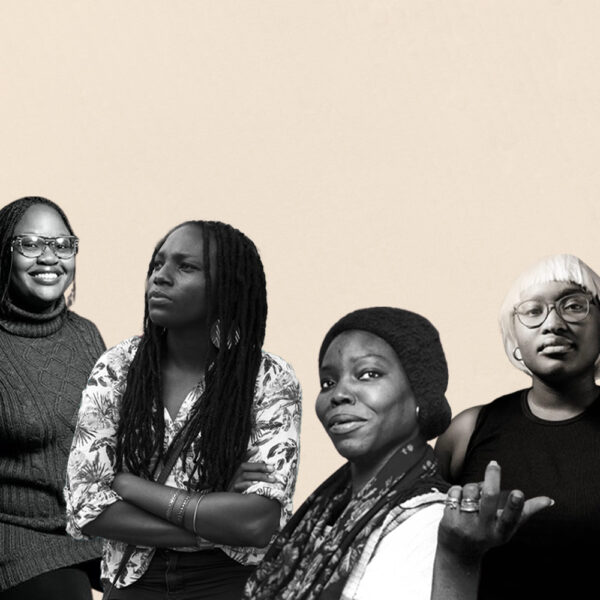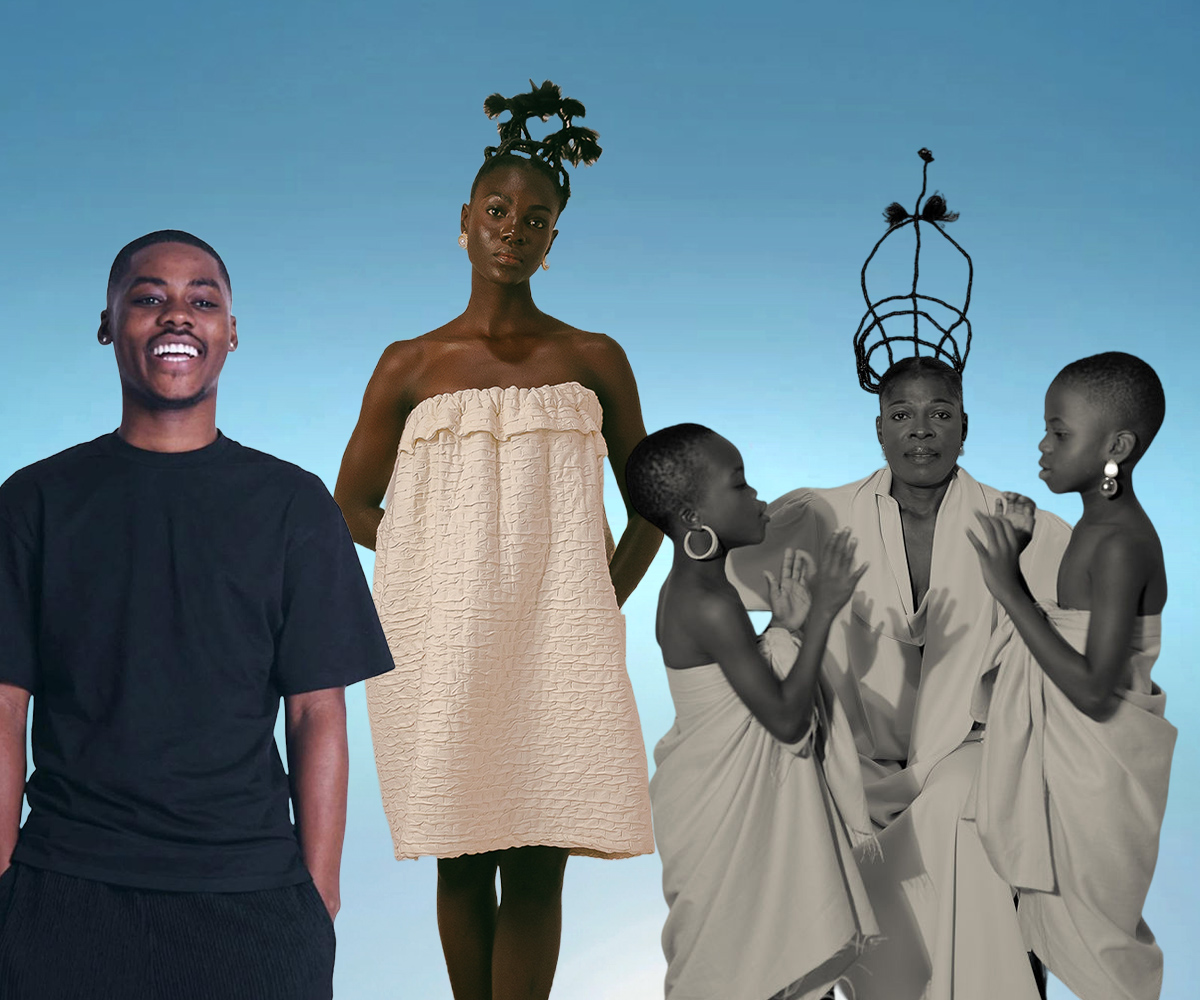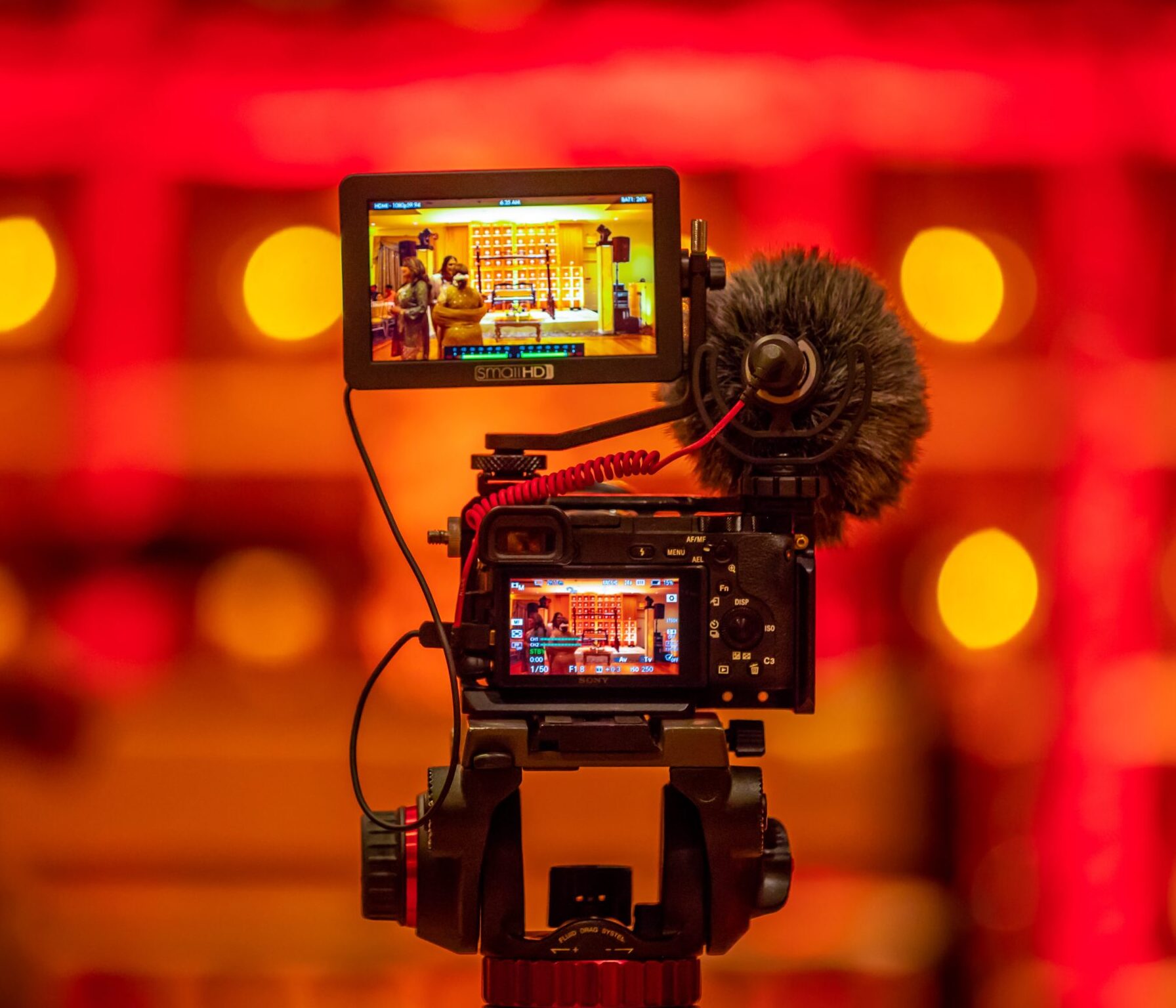
-
African cinema has historically marginalized women
-
The new generation of women in film seek broader representation
-
Box office success has paved the way for more women in the industry
-
Queer characters signal the expanding roles of women
“It’s extraordinary…but at the same time, it’s not. It’s like saying the sun shines bright. We all know the sun shines bright…. same thing about female filmmakers.”
This is according to Oge Obasi, producer of Mami Wata [Nigerian debut indigenous premiere at Sundance Film Festival], as she tells STATEMENT about the accomplishments that African female filmmakers are continuously achieving.
In traditional African cinema (as in culture), female characters have one purpose: to indirectly uphold masculine dogmas. When not being the submissive housewives, or bearing the burden of infertility, women in African cinema are used as mere plot propellers. “At the beginning of African cinema, people did not understand the role of women, nor did they accept them, but people are now beginning to understand their importance,” Malian actor Maimouna Helene Diarra said in an interview. The new generation of women in film are openly leading “unconventional lives,” thereby challenging the existing patriarchal dogma and paving the way for other African females.
In 2019, Nigerian-American director Chinonye Chukwu left the Sundance Film Festival with an award for her film, Clemency, becoming the first African female filmmaker to win the Grand Jury Prize. In the same year, French-Senegalese filmmaker, Mati Diop became the first Black female director to be in contention for the Cannes Film Festival’s coveted prize, The Palme d’Or for Atlantics. Although Diop didn’t win the Palme d’Or, Atlantics won her the Grand Prix Award at the Cannes in 2019.
In the Nigerian film industry, female filmmakers directed or produced films that dominated the box office. Funke Akindele’s Battle on Buka Street is currently Nollywood’s highest grossing film, replacing her other film, Omo Ghetto: The Saga. Genevive Nnaji and Jadesola Osiberu have an unprecedented deal that will forever be imprinted on their CV. Nnaji, with Lion Heart, made the first Netflix Nigerian original. And in 2023, Osiberu, with an impressive catalog of films, made the debut Prime Video African original.
South African filmmaker Sanduelela Asanda, whose film Mirror Mirror was screened at this year’s Berlin Film Festival, confronts the conventional tropes of “the strong Black woman, the sassy Black friend, the struggling mother, the angry Black girl” by depicting same sex relationships. “It starts first by centering the stories of African women that we don’t usually see on camera” Asanda tells STATEMENT. “The easiest reference I can think of is Wanuri Kahui’s Rafiki [it’s the first Kenyan queer film to be screened at the Cannes Film Festival] which brought us a love story between two African women onto the world stage.”
The future of African cinema is bright, as more African female filmmakers on the continent and the diaspora from Alice Diop to Nosipho Dumisa, Mo Abudu, Christa Eka Assam, Akosua Adoma Owusu, Emamode Edosio, [and a host of others] continue to make films that celebrate the representation and diversity of African stories.
“Whatever you think is happening, or whatever greatness you think you’re seeing, just know that we’ve barely scratched the surface,” Obasi said. “As we say in old Nollywood – this is just the beginning.”

